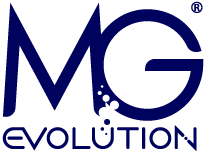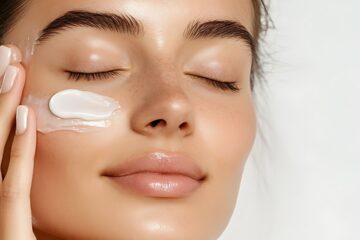The cosmetics industry has always been one of the most dynamic markets – both in Poland and worldwide. Trends shift, consumer expectations evolve, and sales channels diversify. More and more, customers care about product ingredients, safety, brand transparency, and alignment with their personal values. They pay attention to certifications, sustainability, and eco-friendliness, and they increasingly plan their purchases in advance.
Yet despite this growing awareness, one factor remains constant: promotions continue to play a crucial role in purchase decisions.
Promotions as a purchase trigger
According to Inquiry’s report “The Cosmetics Market in Poland. Part 1: Shopping Habits” (June 2025), as many as 43% of consumers identify promotions as the main factor motivating them to buy cosmetics. The most popular options are traditional price reductions and well-known “buy one, get one free” offers. Even among conscious consumers, the allure of a good deal is hard to resist.
Why do promotions work?
Promotions are not just a marketing gimmick. Their effectiveness comes from several psychological and practical factors:
-
Sense of opportunity – consumers feel they’re getting more value without overspending.
-
Lower entry barrier – reduced prices encourage trial of new products or brands.
-
Psychology of saving – customers experience satisfaction from “winning” in shopping.
Still, a promotion alone rarely closes the sale. Only when combined with product quality and brand trust does it lead to the final purchasing decision.
Changing shopping habits
The report also highlights important shifts in consumer behavior. Impulsive buying is giving way to more deliberate and thoughtful choices. Shoppers compare product ingredients, read reviews, and analyze prices – often online. Digital channels are gaining importance because they allow quick comparisons, easy access to a wide range of promotions, and the convenience of shopping from home.
Promotions as a permanent market driver
We can therefore say that promotions have become an integral part of the shopping process, not just an occasional add-on. Even highly conscious consumers who value quality and ethics still respond to a compelling price offer. It shows that in the cosmetics market, emotions and rational calculations continue to go hand in hand.
What does this mean for brands?
For manufacturers and retailers, this means finding the right balance between pricing strategies and brand value building. Promotions can effectively boost sales, attract new customers, and encourage trial, but they cannot replace the long-term effort required to build trust and loyalty.




